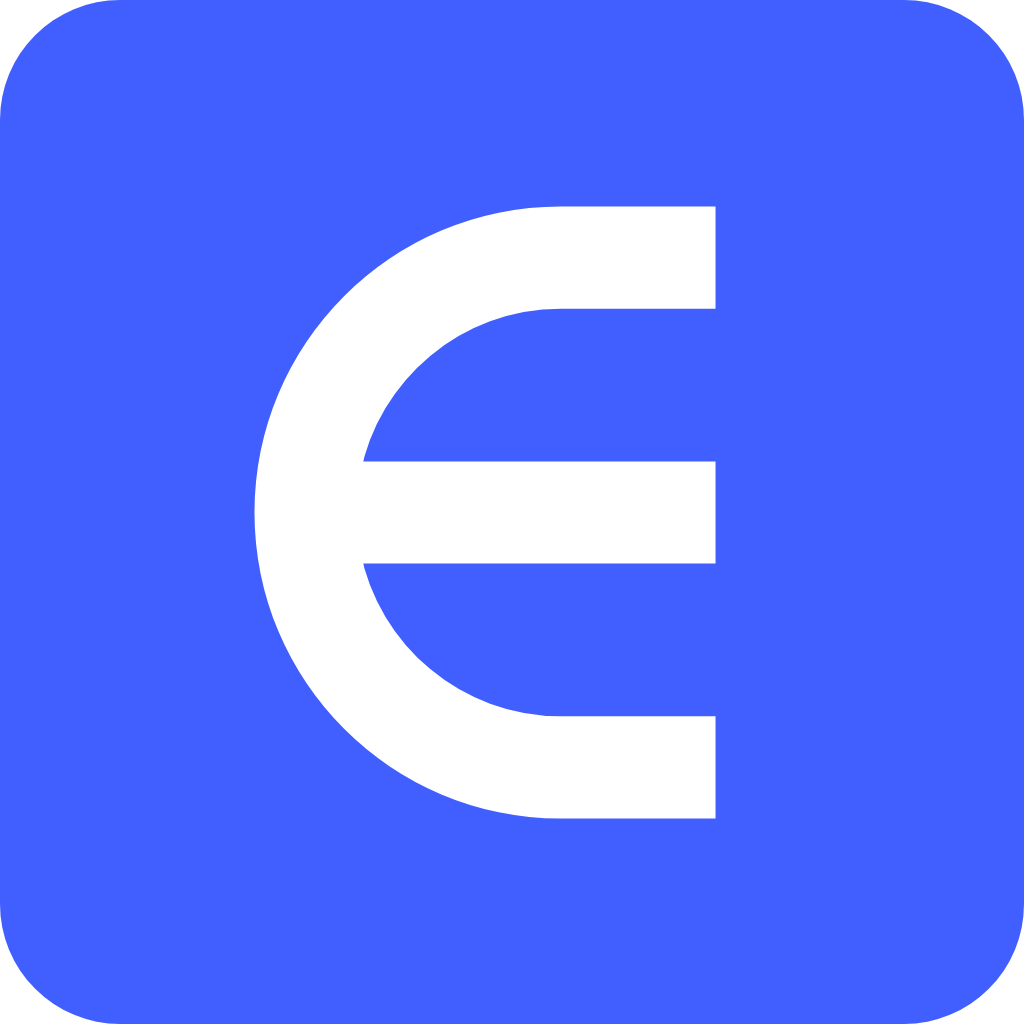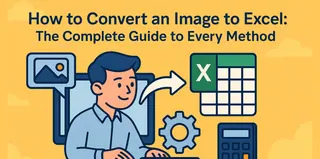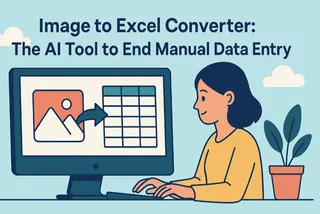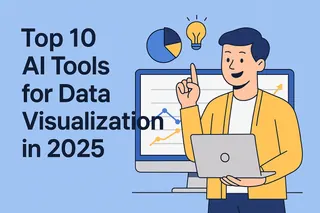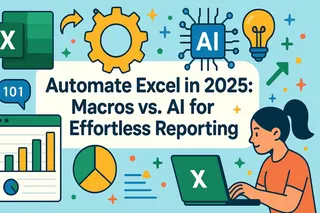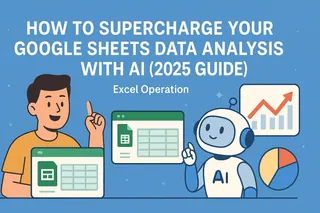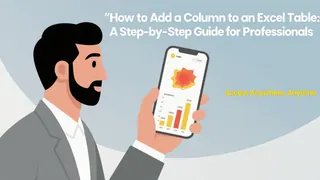Key Takeaways
- The Core Problem: Manually entering data from images, scans, or PDFs into spreadsheets is a well-known productivity killer, both time-consuming and prone to errors.
- The Solution: OCR (Optical Character Recognition) tools can perform this conversion in seconds, but they vary significantly in their focus and best-use cases.
- What You'll Find Here: This guide provides a deep dive into 5 leading "Image to Spreadsheet" tools, with an honest look at their strengths and weaknesses to help you find the perfect fit for your workflow.
I've been working with data for over a decade, and if there's one task that feels like a complete waste of time, it's staring at a table in an image or PDF and manually typing it, cell by cell, into Excel.
This process is not only tedious, but it's also incredibly risky. A single typo can derail your entire analysis. Fortunately, we no longer have to endure this chore.
Today, I'm sharing 5 Image to Spreadsheet tools that I've personally tested and can confidently recommend. They range from lightweight and free to heavy-duty and paid, so there's a solution here for everyone.
A Deep Dive into 5 Top Image-to-Spreadsheet Tools
1. Excelmatic
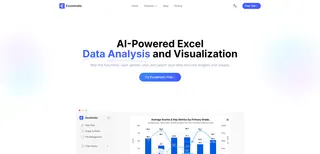
This is both a high-efficiency conversion tool and a conversational data platform. While it offers a powerful image-to-table feature, its true magic lies in what you can do immediately after the conversion.
Features
- One-Click Conversion: The process is dead simple. Just drag and drop an image or PDF file into the workspace, and it automatically recognizes and generates a structured table.
- Conversational Analysis: Once the table is generated, there’s no need to download it or switch apps. You can immediately start cleaning, calculating, analyzing, visualizing, or even merging the data with other tables using plain English commands in the same interface.
Who It's For Professionals and beginners alike who want to achieve a seamless "Image Extraction → Data Cleaning → Data Analysis" workflow all in one place.
Downsides It's currently web-based only, with no dedicated mobile app yet.
2. Microsoft 365

This is the go-to solution that's already built right into the Excel you use every day.
Features
- Natively Integrated: You can find the "From Picture" feature directly in Excel's
Datatab or within the mobile app, with no extra installations required. - Multiple Import Sources: It supports importing from local files, your clipboard, and even directly from your phone's camera.
- Natively Integrated: You can find the "From Picture" feature directly in Excel's
Who It's For All Microsoft 365 subscribers, especially for quick, straightforward table conversions.
Downsides In my experience, its accuracy can be hit-or-miss with complex tables or low-quality images, often requiring a fair amount of manual correction.
3. Google Drive / Docs
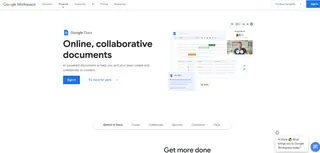
A powerful and completely free alternative within the Google ecosystem, leveraging its industry-leading cloud OCR technology.
Features
- Free and Powerful: It costs nothing and delivers surprisingly accurate results.
- Ecosystem Synergy: Recognized content can be easily copied into Google Sheets for seamless online collaboration with your team.
Who It's For Heavy users of the Google ecosystem or anyone who needs a reliable, free solution and doesn't mind a few extra steps.
Downsides There's no such thing as a free lunch. The trade-off is a slightly clunky workflow (Upload → Open with Docs → Copy → Paste into Sheets), so it's not a one-click solution.
4. ABBYY FineReader PDF
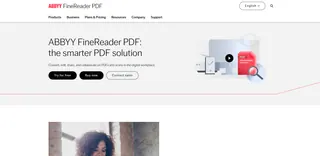
In the world of professional OCR, ABBYY is the undisputed gold standard—a heavy-duty powerhouse built to tackle the most challenging recognition tasks.
Features
- Best-in-Class Accuracy: When dealing with complex layouts, poor-quality scans, or even handwritten tables, its accuracy is the industry benchmark.
- Comprehensive Functionality: It's more than a converter; it's a full-fledged, powerful PDF editing and management suite.
Who It's For Professionals for whom accuracy is non-negotiable, such as archivists, accountants, and legal staff whose work allows no room for error.
Downsides It's expensive and is professional desktop software. For simple, everyday conversion tasks, it's definitely overkill.
5. Convertio
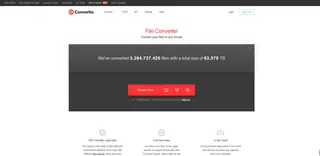
A classic "get the job done and go" online converter. It’s no-frills, web-based, and built for a single purpose.
Features
- Simple & Direct: The interface is incredibly clean. You complete the task in three steps: upload, select format, and convert.
- No Installation Required: It's entirely browser-based, so you can use it on any device.
Who It's For Anyone needing a quick, one-off conversion for non-sensitive files without wanting to register for an account or install software.
Downsides The free version has limits on file size and the number of daily conversions. More importantly, for data security reasons, I would advise against uploading any tables containing sensitive personal or business information.
Quick Guide
| Tool | Positioning | Key Advantage | Main Drawback |
|---|---|---|---|
| Excelmatic | Workflow Platform | Seamless conversion & analysis | Web-based only for now |
| Microsoft 365 | Convenient Built-in Tool | Free, native, and instantly accessible | Accuracy varies on complex tables |
| Google Drive | Free Ecosystem Solution | Reliable, free, and collaborative | Multi-step, clunky workflow |
| ABBYY FineReader | Professional-Grade Software | Unmatched accuracy and power | Expensive and overkill for most |
| Convertio | Online Quick-Fix Tool | Quick, no sign-up required | Limited and not for sensitive data |
How to Make Your Final Choice
After reviewing these 5 tools, it's clear they represent two fundamentally different approaches to solving the "image to spreadsheet" problem.
The first category is the "Pure Converters." This includes Microsoft 365, Google Drive, ABBYY, and Convertio. Their goal is crystal clear: extract data from an image with the highest possible accuracy and deliver a standalone Excel or CSV file. Their mission ends the moment the file is generated. Choosing between them is a trade-off between convenience, purity of precision, andone-off speed.
The second category is the "Integrated Workflow Platform," like Excelmatic. It positions image conversion not as the end goal, but as the starting point of a workflow. After performing the conversion, it allows for seamless follow-up actions like merging, cleaning, and analyzing the data.
If your only goal is to get a spreadsheet file, any of the tools in the first category will suffice. But if converting a table from an image is usually followed by the immediate need to process and analyze that data, then the seamless workflow offered by Excelmatic will save you a significant amount of the hidden time and effort spent switching between different applications.
Try Excelmatic for free and experience a one-stop journey from image to insight.
